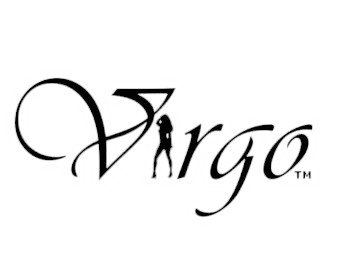Thuso Mbedu Joins the Cast of ‘Children of Blood and Bone’
South African star Thuso Mbedu continues her rise in Hollywood with her casting in the much-anticipated movie adaptation of Tomi Adeyemi’s Children of Blood and Bone. Set for release on…
R&B Legend Kem Brings Soulful Vibes to South Africa for Two-Night Concert
Don’t miss R&B sensation Kem live in Pretoria! The Grammy-nominated artist will perform at SunBet Arena, Time Square, on May 30 and 31, delivering his timeless hits.
Alexander Lukashenko Defiant as EU Threatens Sanctions Over Sham Election
Belarus' Alexander Lukashenko dismisses Western criticism of his latest election win as the EU threatens further sanctions for alleged human rights abuses and involvement in Russia's war in Ukraine.
Salamina Mosese Celebrates African Culture Through Children’s Literature
South African actress and author Salamina Mosese continues her storytelling journey with "Cook-off at Gogo’s Spaza," a children’s book celebrating African community, family, and culinary traditions.
Wanatu – Afrikaans-Only Hiring Policy Sparks Legal Debate Over Discrimination
Wanatu - Afrikaans-only hiring policy for drivers has stirred debate, with labor law experts weighing in on whether it violates South Africa's constitutional rights to equality and non-discrimination.
SAMRO Takes Decisive Action Following R4.3 Million Forensic Investigation Findings
SAMRO uncovers R3.4 million in fraudulent royalty claims through a forensic investigation. Learn how the organization is strengthening governance, addressing undocumented works, and safeguarding members’ royalties.
Atlanta Mourns the Loss of DJ Unk, Creator of “Walk It Out” and “2 Step”
Atlanta rapper DJ Unk, known for iconic hits like "Walk It Out" and "2 Step," has passed away at 43. The music community mourns the loss of a legend who…
Lil Wayne Confirms ‘Tha Carter VI’ Will Drop by End of 2025: Here’s What We Know
Lil Wayne has officially confirmed that his highly anticipated album, Tha Carter VI, will drop before the end of 2025. Promising unexpected collaborations and fresh sounds, the rap icon has…
Standard Bank Hit with R13 Million Fine for FIC Act Non-Compliance
The Prudential Authority, under the South African Reserve Bank, has imposed a R13 million penalty on Standard Bank for failing to comply with the FIC Act. Learn more about the…
LeBron James: 5 Unbreakable NBA Records That Cement His Legacy
LeBron James continues to defy time and expectations, setting NBA records that may never be broken. From 40,000+ career points to 21 All-Star selections, here are five of King James’…




















